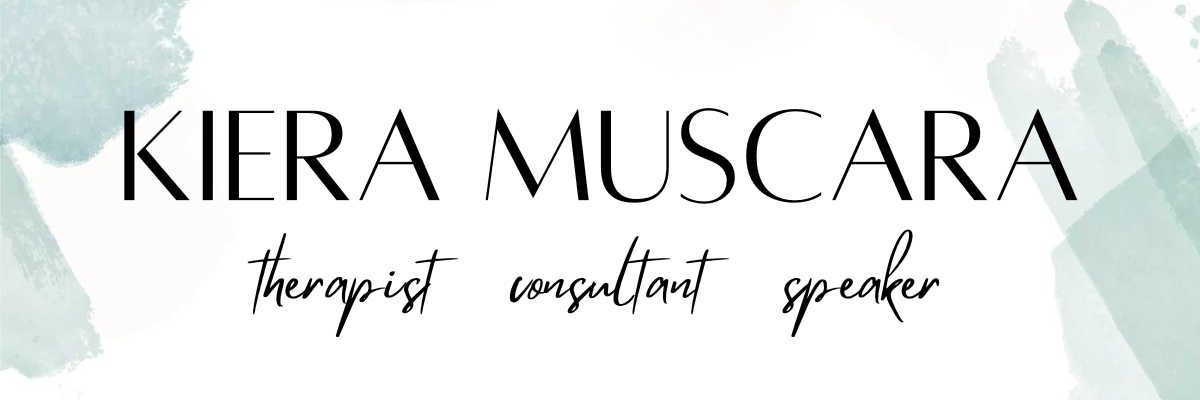Why do we as women so often struggle to accept compliments? It’s a habit I’ve witnessed time and time again not only in others, but also in myself. When someone compliments my clothes, I don’t hesitate to let out an enthusiastic thank you and share where I bought it. But when someone compliments me – my accomplishments, my looks, my qualities – I tend to shy away, negate what they’ve said, or opt for a returning compliment of “you’re too sweet,” versus that clear and confident thank you. Why do we do this?
I believe there’s a few factors at play here, and they have a lot to do with why women also tend to say sorry for things we have no need to apologize for. Women are expected to be more proper, more appropriate, and more conservative in how they express and conduct themselves. This doesn’t necessarily stem from how they were raised – it comes through in the culture and media around us, and in their interactions with peers. It’s one thing to be modest – a healthy dose of humility is crucial in establishing your place in this world and developing the best version of yourself. But we can be modest and still take ownership and pride in our hard-earned achievements. This emphasis on reigning girls in to follow appropriate standards of femininity is breeding women that apologize for their existence and reject credit for their work.
The second is one I’ll call the “she’s all that” factor. In all the different readings I’ve encountered on the subject of girl bullying, one phenomenon shines through – girls hate the girl who thinks and acts like she’s “all that.” And when I really reflect on it, it bothers me too! But why do we hate that so much? It may simply be that we’re jealous of the attention this brings her. But I think more than that, it frustrates us that she is willing to take such pride in who she is in a way that we feel we can’t get away with. To paraphrase these authors, the girl who thinks she’s “all that” is despised because she steps outside the confines of gender roles and doesn’t limit herself to the expectations placed on women. She knows who she is and what she has to offer, and that can be intimidating.
Now as an adult, I am the closest that I’ve ever been to feeling like I’m “all that.” And that is not an easy statement for me to make. Even writing it, I struggle to resist the urge to qualify it with a list of my flaws. But I think we as women can simultaneously recognize that we are imperfect, and still take pride and possession over the incredible things we can accomplish, and the interesting, dynamic individuals that we are. Next time you receive a compliment, challenge yourself to breathe it in, and let out a thank you instead of a laundry list of insecurities. It’s okay to own your worth; it’s probably higher than you think.
